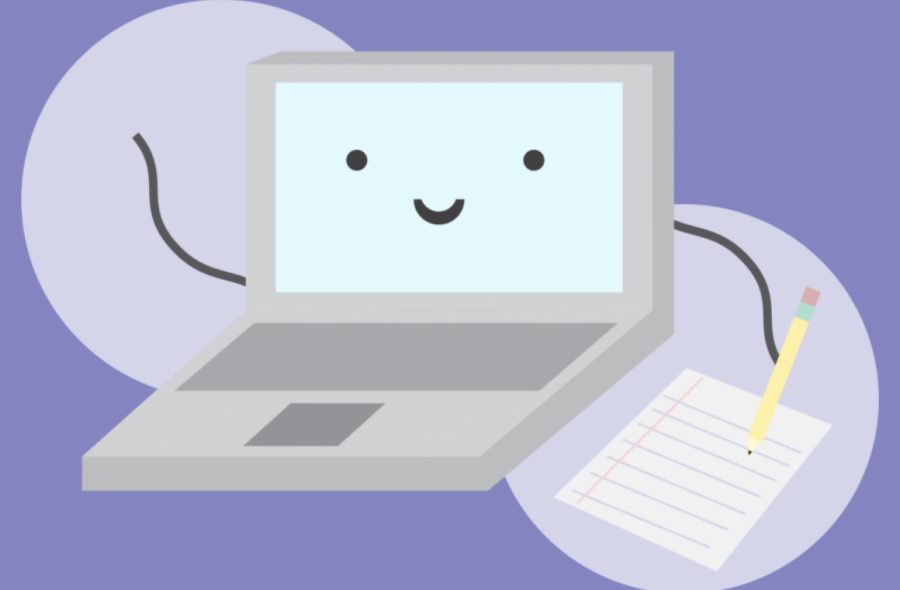UT, institute a loanable laptops program
January 26, 2023
In today’s classroom, technology is front and center. Without a laptop, tablet or electronic device of some sort, UT students have a difficult time participating in class activities and assessments.
Fortunately, just about every student has access to an electronic device, either through private means or through program assistance. The UT for Me program, for example, provides eligible students with a laptop for their studies.
However, when students lose access to their laptop because of theft or another circumstance, there is little the University can do to help them. Certain colleges have laptops available to rent, and some campus buildings offer public PCs, but this doesn’t solve the problem for students who need a mobile device for in-person lectures.
UT Libraries should design a new laptop lending program to give students a way to fulfill their academic requirements when they cannot use their own device.
For some time, UT Libraries did offer laptops to students. However, communications officer for UT Libraries Travis Willmann explained why the University discontinued this program.
“The libraries had a laptop lending program about a decade ago, but there was a decision made based on usage and the relative cost to run that program that we would discontinue it,” Willmann said. “There was an inability, on our part, to be able to keep up with the demand and the wear and tear on the machines that we were loaning.”
While there were adequate reasons to discontinue this service and repurpose these funds for desktop provisions, there has always been student demand for it. To best serve the needs of the UT community, UT Libraries should work to revitalize this program.
When biochemistry senior Kellen Nguyen, lost his laptop to theft, he wasn’t able to receive help from the University aside from using the PCL desktops. Without access to a laptop, Nguyen struggled to participate in lectures and manage his coursework.
“I asked the people at the front desk at the PCL, and they don’t have any services,” Nguyen said. “I was using their computer rooms, which was okay to do homework and stuff. It was kind of hard, because even though they provide a service of being able to use their computer in the PCL, it doesn’t help when you’re going to class.”
To help create this change, students should contact UT Libraries through their website to highlight how current services don’t sufficiently assist students and how there’s demand for a laptop lending program.
While financial constraints exist, there are ways to make the program more feasible.
Firstly, the laptops don’t have to be top-grade, they just have to give students a way to complete their coursework in the short term. Rather than lending students Dell or Apple laptops, they could lend less costly computer brands, like Google Chromebooks. This would make the program much more affordable.
In addition, UT Libraries could charge students who return their laptops in poor condition. This provision would incentivize proper care of the devices and mitigate how often the program has to purchase new laptops.
Given that students have few assistance options when they lose access to their laptops, the UT Library should create a laptop lending program. Students will benefit greatly from this program by being able to fully participate in lectures while they work to replace their devices.
D’Eramo is a Plan II and international relations junior from Tyler, Texas.







